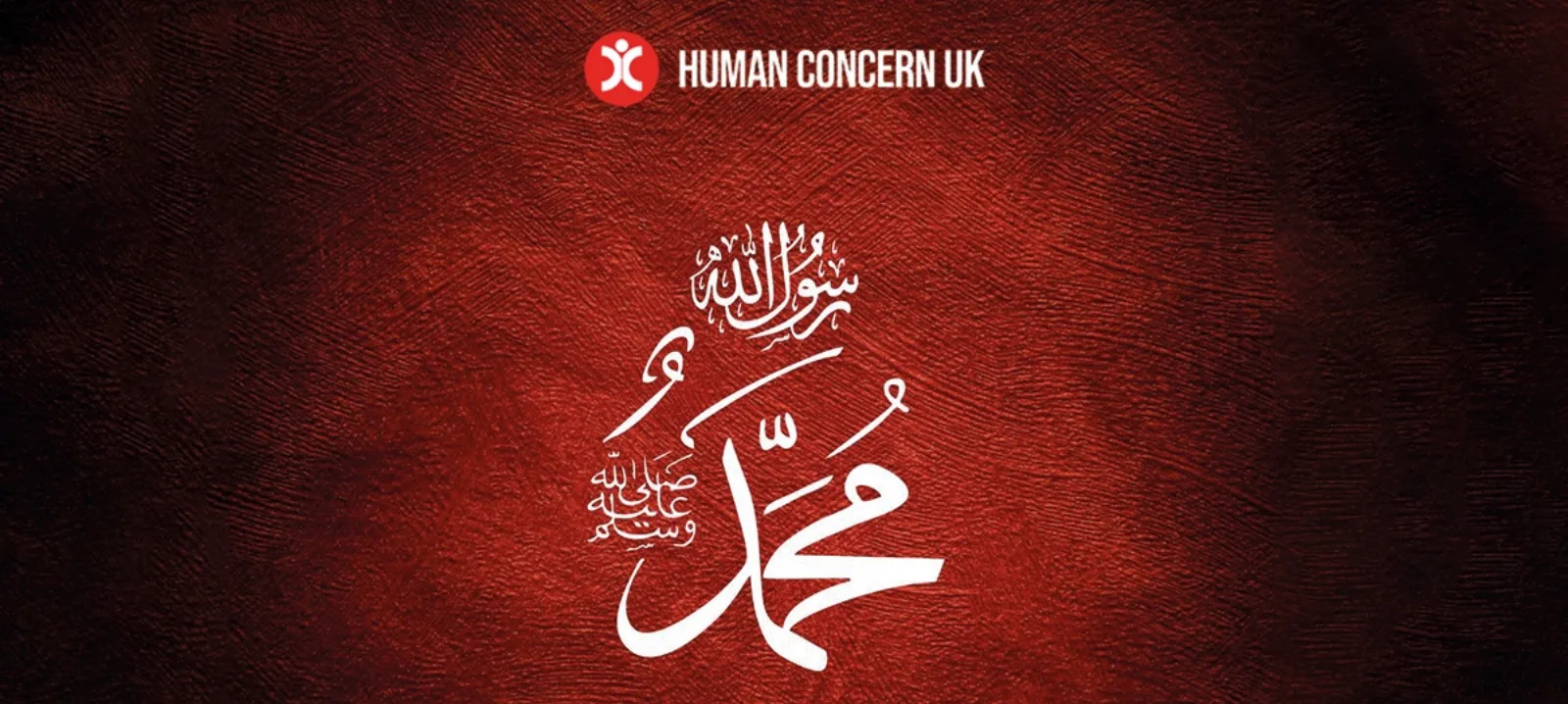Every year when Rabi al Awwal arrives, Muslims around the world remember not just another month in the Islamic calendar, but the month most associated with the Prophet ﷺ. The one tied forever with the birth of Prophet Muhammad ﷺ, the “mercy to mankind.”
Now, of course, Rabi al-Awwal isn’t only about Mawlid (12th Rabi al-Awwal). It’s also the time to reflect on his life, his Hijrah, his character, and reflect on our own shortcomings. Some consider it a festive month, while others keep it more subdued. However, the significance of Rabi al-Awwal is undeniable.
In 2025, the 12th of Rabi Al Awwal (known as Mawlid un-Nabi or Eid Milad un-Nabi) is expected to fall on Thursday, 4th September, 2025 (Subject to the moon sighting)
For many, this date is commemorated as the Prophet’s birthday, Mawlid an-Nabi. Some communities celebrate with gatherings, nasheeds, and charity. Others choose quiet reflection. The diversity itself is part of the wider conversation on why Muslims celebrate Rabi ul Awwal and how.

Rabi al-Awwal is the third month of the Islamic (Hijri) calendar, which is expected to begin on Sunday, August 24th, 2025 (subject to moon sighting). Like other lunar months, Muharram, Safar, and Ramadan, this month also begins with the sighting of the crescent moon. Depending on your geographical location, the dates may shift by a day or two, but globally, Muslims recognize it as one of the most spiritually significant months.
Historically, this has been linked to several key events in Islam:
Most scholars agree that the Prophet ﷺ was born on 12th Rabi al-Awwal, though a few narrations suggest other dates like the 8th of this month. What is certain is that his birth changed the course of Islamic history.
This was the day mercy walked the earth, fulfilling the Qur’anic verse:
“And We have not sent you, [O Muhammad], except as a mercy to the worlds.” (Surah Al-Anbiya 21:107)
The Prophet’s life itself, his patience, his justice, and his kindness form the real significance. The day reminds us not just of celebration, but responsibility: to live by His Seerah lessons.
When people search “What are the blessings of Rabi ul Awwal?” They often expect a list, but the blessings can be understood as layers.
Reminder of mortality – since this month is also linked to the Prophet’s passing, it humbles us and reminds us of mortality.
The Prophet’s Seerah is vast, but here are some of them:
These lessons feel even more pressing in 2025. In today’s world, divided by conflict, injustice, and loneliness, these prophetic values feel even more urgent.
The celebration of Mawlid has long been a matter of discussion among scholars. Some scholars encourage it as an expression of love for the Prophet ﷺ. Others caution against innovation (bid‘ah), reminding us that the Companions didn’t mark his birthday formally.
Remembering the Prophet ﷺ with love is always commendable. The manner, whether through gatherings, meals, donations, or private du‘a, remains a matter of personal conscience.
What to do in those days? A few timeless practices:
Strengthen your connection to the Qur’an, the Prophet’s ultimate guide and miracle.

Rabi al-Awwal could easily become just about dates and debates. But perhaps its greatest blessing is unity. Whether you mark Mawlid with lanterns or keep it simple, the shared love for the Prophet ﷺ ties us together.
In some countries, entire streets glow with lights. In others, it is marked by quiet personal reflection. Either way, it’s a chance to remember that Muslims, despite differences, share one unifying bond: love for the Prophet ﷺ.
One of the simplest yet most powerful acts a Muslim can perform in Rabi al-Awwal is to send Salawat (Darood Sharif) upon the Prophet Muhammad ﷺ. It doesn’t require a special gathering or occasion; you can do it while commuting, cooking, or even just sitting quietly.
Allah commands it in the Qur’an:
“Indeed, Allah and His angels send blessings upon the Prophet. O you who have believed, ask [Allah to confer] blessing upon him and ask [Allah to grant him] peace.”
(Surah Al-Ahzab 33:56)
Think about that for a second. When you say Allahumma salli ‘ala Muhammad, you’re echoing something that Allah and His angels are already doing. That’s profound.
And the Prophet ﷺ emphasized it too. In a Sahih Hadith narrated by Abu Huraira, He ﷺ said:
“Whoever sends one blessing upon me, Allah will send ten blessings upon him.”
(Sahih Muslim, Book of Prayer, Hadith 408)
So in this Islamic month, when the Ummah collectively remembers the life of Prophet ﷺ, it feels especially meaningful to increase our recitation of Salawat. It’s a direct line of love and gratitude, binding us to the Prophet ﷺ and drawing Allah’s mercy on our own lives, for this world and the hereafter.
Even if one is unable to do much else this month, no big donations, no long Seerah readings, just make it a habit: a few Salawat every day. Small, sincere, but weighty on the scale.
He was born on the 12th of Rabi al-Awwal, the third month of the Islamic calendar.
He was six years old when his mother, Amina (RA), passed away.
Increase Durood (Salawat), read Seerah, give charity, and live by the prophetic values of kindness and forgiveness.
The real question is not whether this is special, but how it is observed. “Is Rabi ul Awwal special?” but rather: What will I do with this month?
Rabi al-Awwal 2025 isn’t simply a date on the calendar. It’s a chance to step into the Prophet’s ﷺ light, just a little more kindness, a little more patience, a little more giving. None of us can mirror him perfectly, but each act of mercy performed is a thread connecting Muslims back to him. This is the true blessing of Rabi al-Awwal: it reminds believers to love the Prophet ﷺ by living his Sunnah.